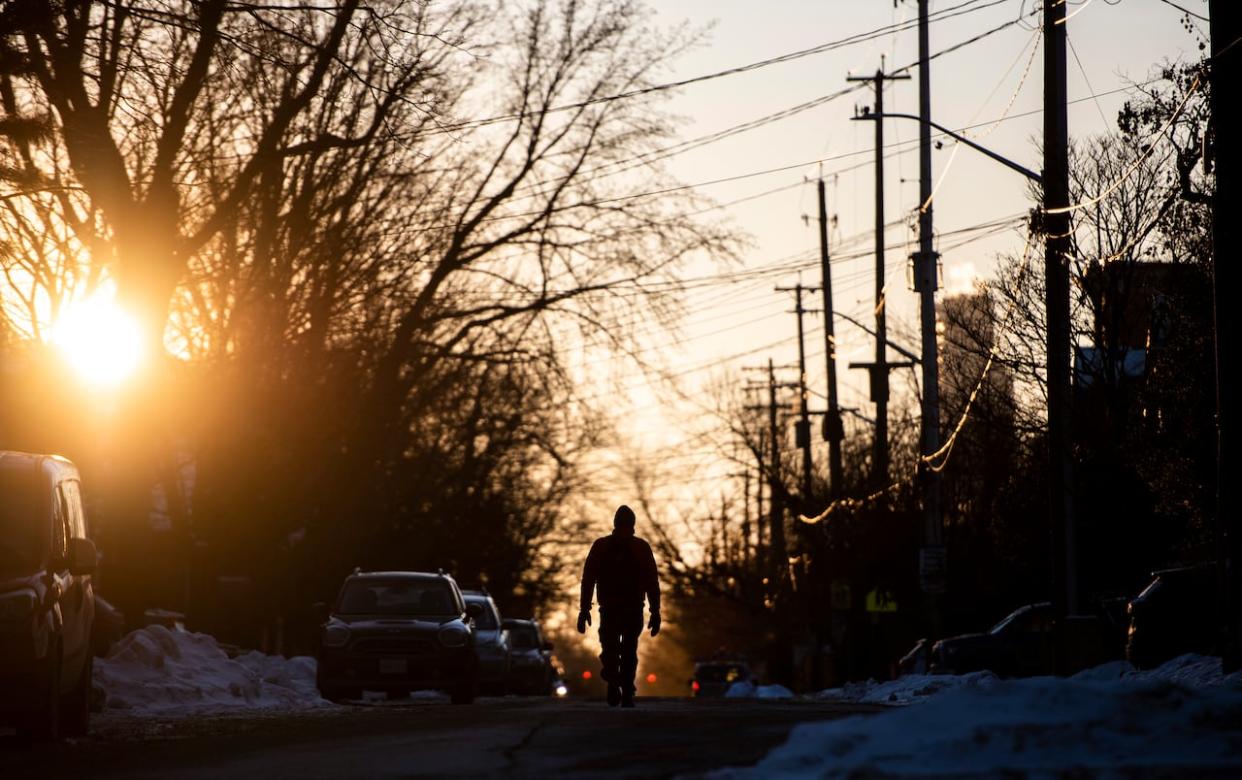Temperature teeter-totter Wednesday has record heat, then flash freeze

If you're trying to adjust to the surprisingly warm mid-week temperatures, be prepared for a weather whiplash.
Environment Canada has a flash freeze warning in place Wednesday for western Quebec and all but a corner of eastern Ontario.
These warnings not only serve to warn people that it may be tougher to choose a coat, but also about a slippery science lesson as standing water on roads and paths crystallizes to ice.
The drop is broadly expected to start in the afternoon west of Ottawa and in the evening elsewhere.
"A dramatic change in temperatures is expected" in eastern Ontario's warnings, while western Quebec's talk of "a vigorous cold front."
The cold front may feel more "sharp" than "vigorous" in the Belleville area, where a special weather statement rather than a warning flags that afternoon temperature drop and northwesterly winds gusting around 70 to 80 kilometres an hour.
Record heat, below-average cold
There's more record heat Wednesday before the bottom drops out.
Ottawa broke its daily heat record of 9.9 C between 10 and 11 a.m. and had its hottest February temperature in more than 150 years of records at noon: 12.8 C.
Its expected daytime high is 14 C overnight low is –14 C. That high is 16 degrees above average and the low is three degrees below.
People there may see lightning with their daytime showers and then some snow and ice pellets in the evening.
Heat records have also fallen in places such as Belleville, Brockville, Cornwall and Kemptville as of 1 p.m.
Gatineau could go from 12 C to –12 C, while Chelsea, Maniwaki and Val-des-Monts could see a 30-degree difference between high and low.
Broadly, colder weather is forecast Thursday before a rise back above zero to start March.
Experts suggest a mix of climate change and El Niño are to blame for this year's mild winter. December, January and now February have been much warmer than normal.


